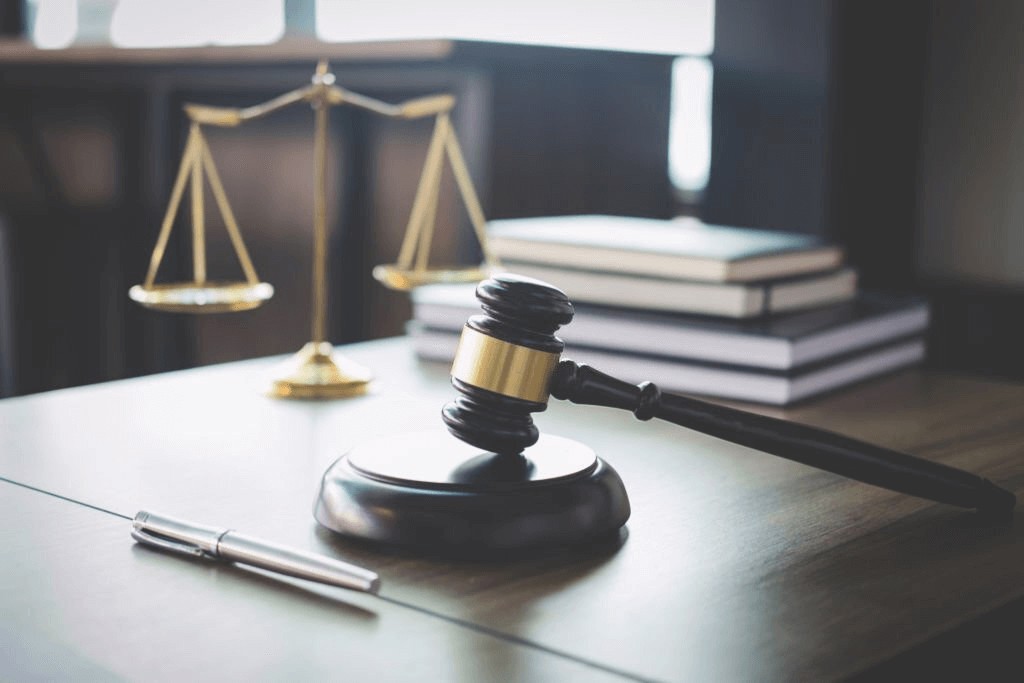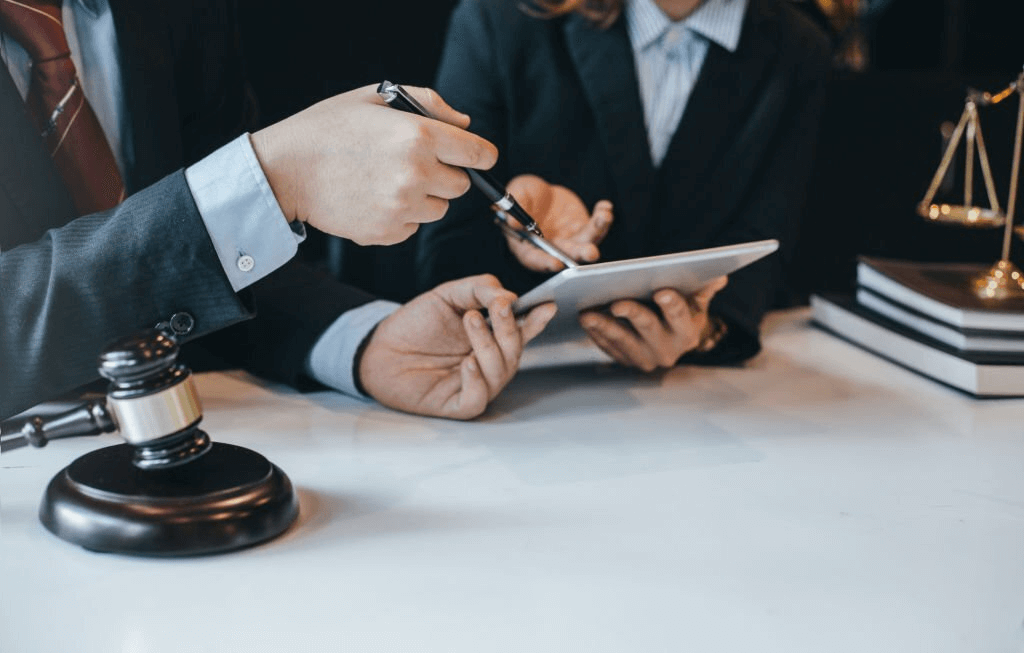Legal disputes are never simple, and criminal cases are among the most complex and stressful situations one can face. Whether falsely accused or facing a legitimate charge, your future, reputation, and even your freedom is on the line. It’s natural to feel overwhelmed and trapped, questioning if you can navigate this on your own. However, you don’t have to face this battle alone.
Criminal lawyers, also known as criminal defense lawyers or criminal attorneys, are legal professionals who specialize in representing clients facing criminal charges. In this article, we explore the field of criminal law, highlight the benefits of hiring a criminal lawyer, and understand their roles and responsibilities throughout the criminal justice process.
1. The Crucial Role of the Criminal Lawyer
Criminal lawyers are essential in defending accused individuals within the criminal justice system. They handle a variety of cases, ranging from minor offenses like traffic violations and misdemeanours to more serious crimes such as assaults, robberies, and homicides. These legal professionals have in-depth knowledge of criminal law, constitutional rights, and court procedures, which they leverage to protect their clients’ rights and secure favourable outcomes.
A criminal lawyer’s main goal is to ensure that their client receives a fair trial and that their rights are not violated in any manner. Some of their tasks include gathering evidence, interviewing witnesses, researching case law, and negotiating with prosecutors for reduced charges or sentencing. Additionally, they provide vital guidance, advice, and emotional support to clients during challenging times, reducing stress and anxiety.
2. The Importance of Immediate Legal Representation
When facing criminal charges, time is of the essence. The earlier you secure legal representation, the better your chances of building a strong defense and obtaining a favourable outcome. Criminal lawyers handle crucial tasks from the very beginning, such as guiding you through police interviews, advocating for bail or release conditions, and collecting crucial evidence before it’s lost or destroyed. Importantly, early intervention by a skilled criminal lawyer can sometimes lead to the dismissal of charges or a reduction to a lesser charge.
3. Areas of Expertise of Criminal Lawyers
Criminal law is a broad field, and criminal lawyers often have niche areas of expertise, allowing them to provide specialized representation for specific types of offenses.
Some areas of expertise include:
- Violent crimes (e.g., assault, battery, homicide)
- Drug crimes (e.g., possession, trafficking)
- Theft and fraud (e.g., robbery, embezzlement)
- DUI and traffic offenses
- White-collar crimes (e.g., money laundering, securities fraud)
When facing a particular charge, it’s essential to consult with a criminal lawyer who has experience handling similar cases, ensuring that they can provide informed and effective representation.
4. Key Advantages of Hiring a Criminal Lawyer
- Navigating the Legal Maze: The legal process can be daunting, filled with unique terminology, procedures, and rules of evidence. Criminal lawyers are well-versed in this maze; they know how to navigate and exploit the system to your advantage.
- Building a Strong Criminal Defense Strategy: Skilled criminal lawyers meticulously examine all case aspects, including the strengths and weaknesses of the prosecution’s evidence. They use this information to craft tailored defense strategies that can result in the case’s dismissal, acquittal, or reduced sentencing.
- Protecting Your Constitutional Rights: Everyone is entitled to constitutional rights, including the right to remain silent, the right to confront witnesses, and the right to an attorney. A criminal lawyer will ensure these rights are upheld throughout the legal process, protecting you from misconduct or overreach by law enforcement or the prosecution.
- Plea Bargains and Sentencing Recommendations: Criminal lawyers are seasoned negotiators who can work with prosecutors to strike plea bargains, reducing charges or penalties associated with the case. They can also argue for more lenient sentencing, leveraging their deep understanding of the law and the specific circumstances of your case.
5. What to Expect from Your Criminal Lawyer
A quality criminal lawyer will communicate openly and honestly with you about your case’s strengths, weaknesses, and potential outcomes. They will listen to your concerns and offer professional advice and guidance about the best course of action. You should expect your lawyer to keep you informed of any developments, return your calls or emails promptly, and diligently prepare for all scheduled hearings or conferences.
6. How to Choose the Right Criminal Lawyer
Selecting the right criminal lawyer is crucial to achieving a favourable case outcome. Consider the following factors when choosing your legal representative:
- Experience and Expertise: Ensure the lawyer has experience handling cases similar to yours and has a strong track record of obtaining successful outcomes.
- Client Testimonials: Look for testimonials from previous clients with similar cases, both online and through personal referrals.
- Communication and Rapport: Schedule a consultation and assess the lawyer’s ability to communicate clearly and build rapport. Choose someone who understands your concerns and demonstrates empathy.
- Fees and Billing Practices: Understand the lawyer’s fees, billing practices, and any additional costs associated with the case. Ensure these terms align with your expectations and budget.
Conclusion
Facing criminal charges is an intimidating prospect. However, hiring a criminal lawyer to provide expert guidance and representation is an investment in your future that can offer vital protection and support. By securing legal representation early in the process and choosing an experienced, reputable attorney, you increase your chances of navigating the legal complexities and achieving a favourable outcome. Don’t leave your future to chance – consider engaging the services of a skilled criminal lawyer to protect your rights and interests throughout the criminal justice process.


